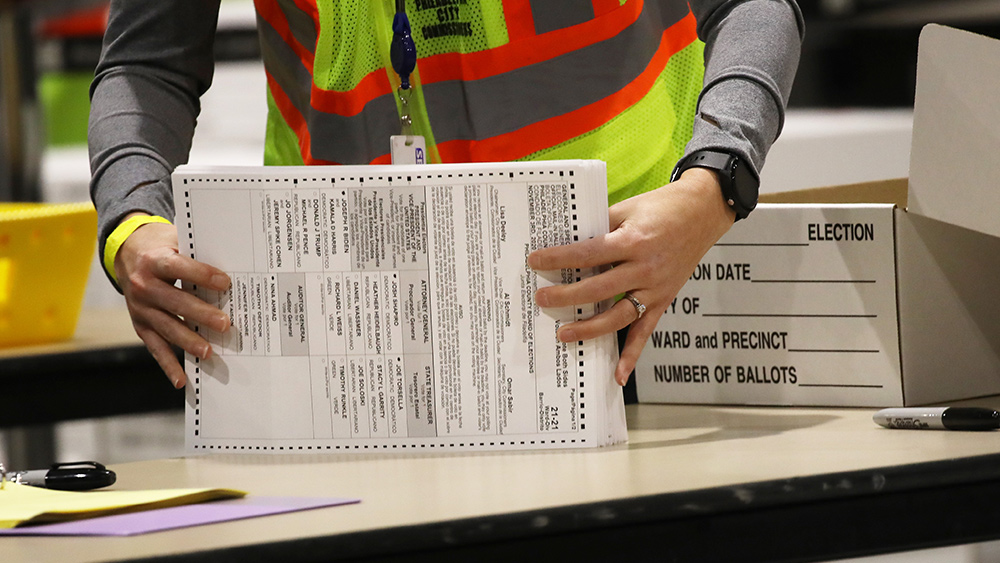
It’s become normal these days to expect people to be easily triggered by the slightest perceived injustice or microaggression. A new study, however, shows that people who are easily triggered, or have a “high proclivity to be offended” (PTBO), are more likely to have trouble with their jobs.
Dr. Jeremy Bernerth, an associate professor at the San Diego State University and the sole author of the study, describes PTBO as “a state-like tendency to be sensitive to customarily innocuous societal events and traditions.” According to Bernerth, people with high PTBO are likely to “feel that social events or traditions to which they take offense also violate moral or equitable standards.”
Employees are more easily triggered these days
The study, published in the Journal of Business Research, comes at a time when companies are facing revolts from their own employees over a number of issues, including political stances and workplace harassment.
The most recent example of an employee revolt happened at Facebook. Employees of the social media giant staged a walkout after company leadership refused to do anything about so-called inflammatory posts by President Donald Trump. (Related: Facebook’s own employees want MORE censorship of conservatives and Trump supporters, claiming the company isn’t yet censoring enough.)
The employee revolts go beyond political views. Last spring, employees of Riot Games walked out of their Los Angeles office to protest the company’s handling of workplace harassment lawsuits.
Beyond these extreme examples, learning to manage stressed or triggered employees has become a hot topic. It’s with this in mind that Bernerth decided to look deeper into the relationship between employees with a high PTBO and the companies they worked for.
High PTBO employees less of their time to work-related activities
To study whether or not having a high PTBO affects how a person approaches work, Bernerth asked 395 employees at seven U.S. colleges on their thoughts about certain events receiving “substantial media attention.” In addition to items meant to assess a person’s “proclivity to be offended,” he also added items to linked to moral outrage, microaggressions and political correctness.
Based on his results, Bernerth concluded that people with high PTBO are more likely to divert their attention away from work-related activities, while also seeing their organizations as “less fair.” Related to this, he also found that these people were more likely to take a lot of time “complaining about trivial matters.”
“The person offended by everyday occurrences diverts important and limited cognitive resources away from the client (and potential sale) towards a task-irrelevant stimuli,” Bernerth wrote.
In addition, Bernerth’s study claimed that having a high PTBO was also seen to negatively relate to an employees’ “citizenship behavior.” On the other hand, high PTBO was seen to positively correlated with counterproductive behavior. In other words, employees with high PTBO were seemingly less likely to help out others in the company, and more likely to engage in behavior managers and organizations would want them to avoid.
Finally, the study stated that PTBO had implications for employees’ self-reported job satisfaction and workplace engagement.
Companies need to explore how high PTBO affects their employees
With the idea that PTBO may also influence how employees view their organization’s overall actions, the study found that overall organizational justice mediated the relationship between PTBO and both employees’ behavior and attitudes.
The study recommends paying attention close attention to both personal interactions within the company as well as the manner in which an organization’s policies and decisions are implemented as a starting point.
While the study concludes that giving in to employees with the most outrage is not an advisable strategy, it also states that organizations and managers should take strides to more systematically explore current societal topics, of which PTBO is one.
Sources include:
Please contact us for more information.





















